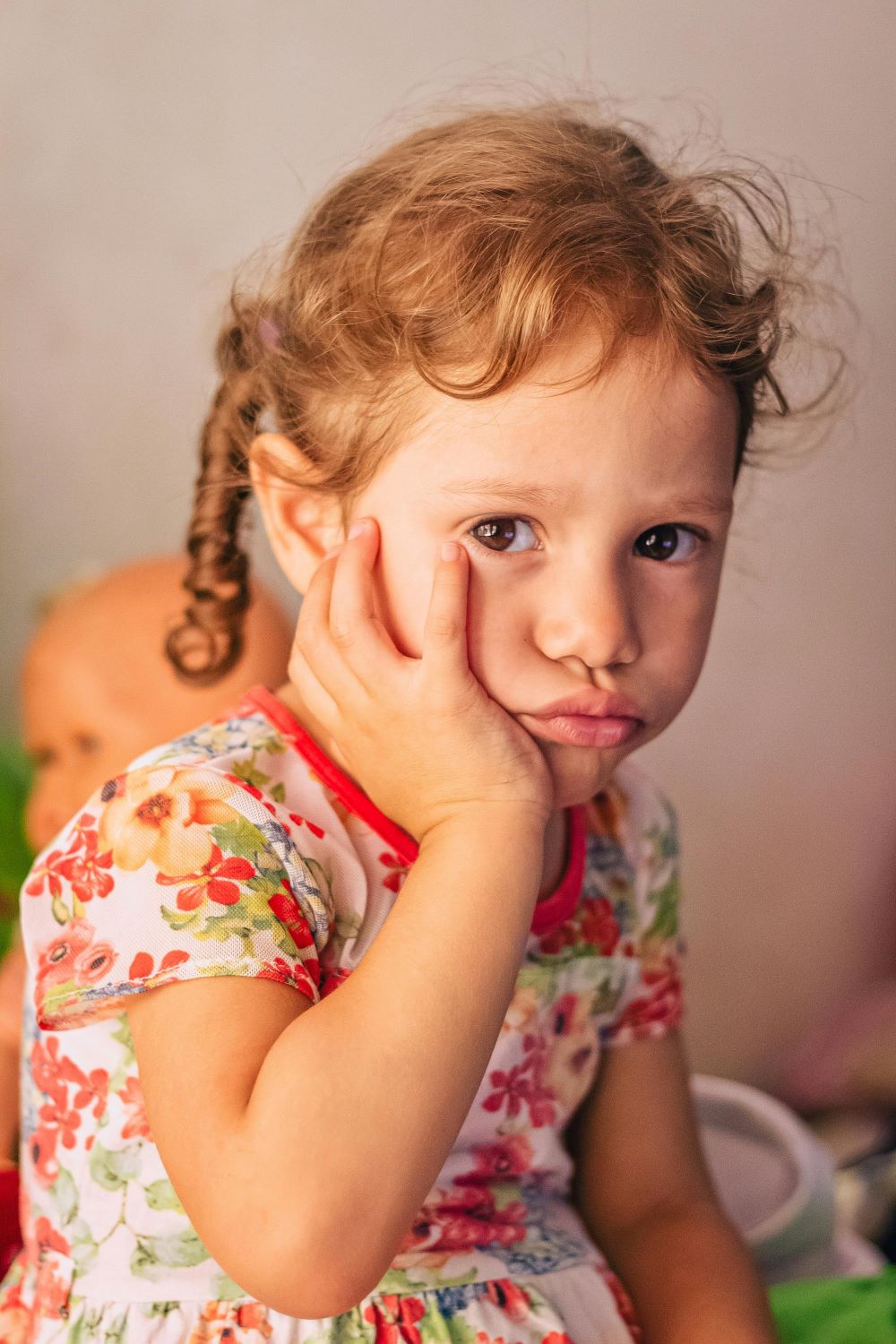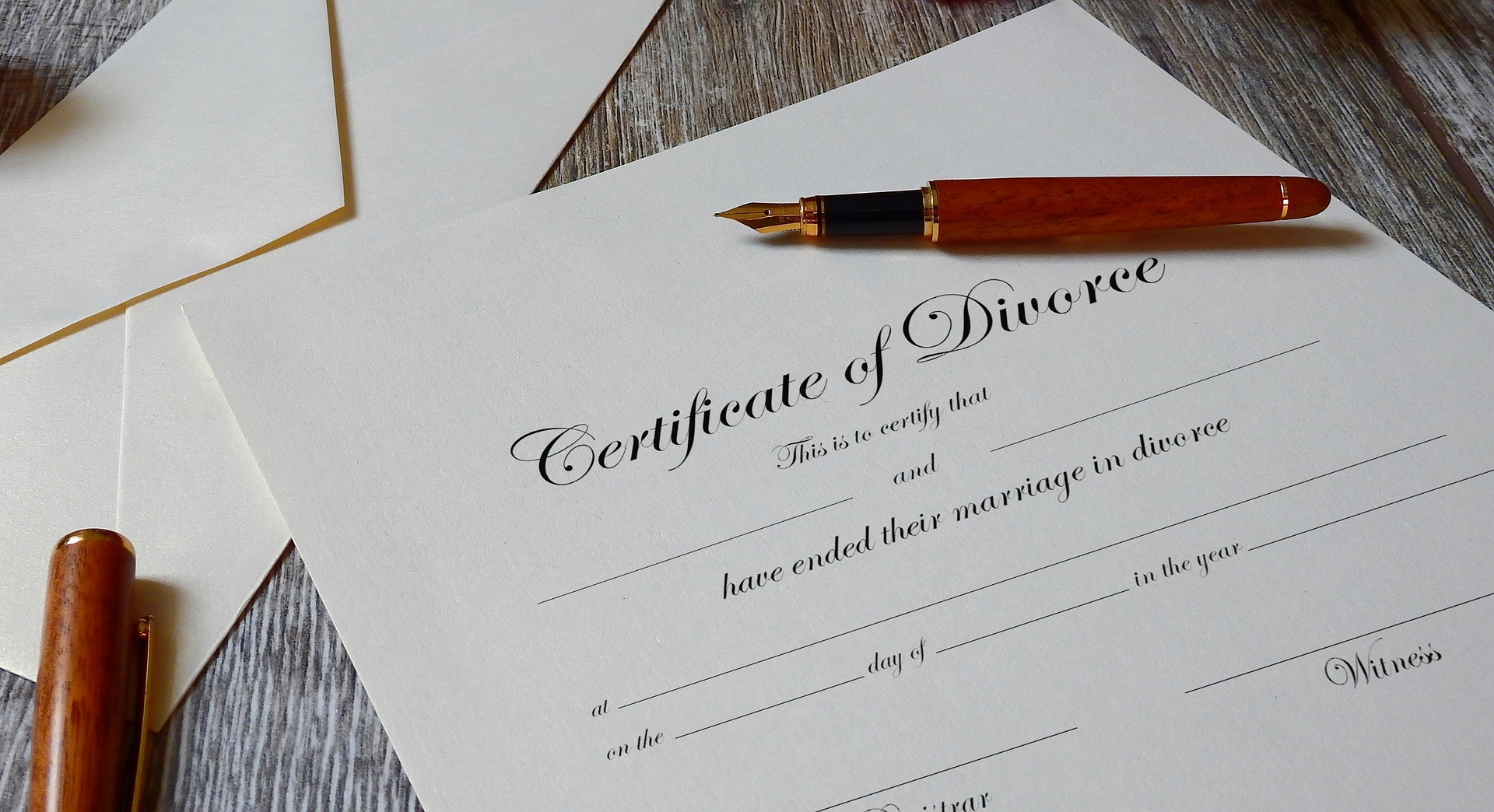In resolving a custody battle, the court takes into consideration key factors, the most important of which remains the safety of the child.
Custody battles are messy and emotional for everyone involved, including the children. It can be hard for couples divorcing in Florida to decide who gets sole custody or shared custody. In many cases, a judge has to get involved and decide what is best for the child or children.
When children are involved in a divorce case, the best thing is to settle amicably out of court. The Florida Probate & Family Law Firm can help parents reach an amicable agreement on who gets custody and how much custody they get. Nevertheless, that might not always be possible, and judges who know little to none about a family’s dynamics may end up making the decision.
To make the legal process easier to navigate, here is a guide on how courts decide sole and shared custody in divorce cases in Florida.
What Differentiates Sole Custody From Shared Custody?
In sole custody, a parent has the full legal and physical custody of the child. They can make all decisions about their child without needing any involvement from their ex-spouse. Also, the parent with sole custody has full physical rights, which means that they are empowered by law to have the child live with them full-time.
Alternatively, in shared custody, both parents share legal and physical custody of the children in question and make decisions together. In this case, neither parent can make decisions about the child or children without the other parent’s agreement. These two types of custody can be further broken down into four distinct categories: sole physical custody, joint physical custody, sole legal custody, and joint legal custody.
How does Florida Decide Sole and Shared Custody in Divorce Cases?
If the parents involved in a divorce case are unable to agree amicably on the custody of the child, a divorce lawyer may intervene. The lawyer will assist the couple in reaching a compromise, keeping in mind the best interests of the child. This can take place both inside or outside a courtroom hearing.
If the case does go to court, parents must prove why they deserve more or full custody rights in front of a mediator or judge. More often than not, women win custody disputes – mostly because of the “tender years” doctrine. However, Florida does not use only gender to decide custody; most judges will act in the “best interest of the child.” At the end of the day, the law tries to grant each parent equal custody rights, and a lawyer fights to uphold the decision.

Things Considered in Deciding Custody in Florida
Judges consider different factors when deciding on child custody cases presented before them, but the facts of the case and the evidence presented before the court are vital. The evidence parents present in court will be the basis upon which they decide how much legal and physical custody the parents get. These points of consideration include:
- The child’s safety and this includes the safety and security of the designated place of residence
- The presence of supervision in and outside the home
- Whether or not the child will receive adequate emotional support
- The chances of the child having all the necessities they will need
- Signs of abuse from the parent or people around them
- The person previously taking care of the child and how good or bad a job they have done
- The likelihood that the child will encounter domestic violence
- Whether or not either parent uses substance or is involved with people who do
Conclusion
When it comes to deciding child custody, parents are in the best place to decide for their family. However, when that is not possible, a judge will get involved and decide for them in the child’s best interest. In resolving a custody battle, the court takes into consideration key factors, the most important of which remains the safety of the child.


Join the conversation!